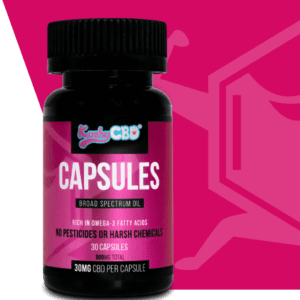Hemp is the fastest-growing plant on Earth and is the best source of various products. Its versatility permits various applications. It is also one of easiest plants to cultivate. Cannabis sativa cultivars are utilized to make hemp. These plants can be harvested for hemp a variety of different purposes, including clothing or paper as well as furniture. Here are some facts regarding hemp.
Hemp has impressive roots, enabling it to penetrate two to three meters deep in the soil. This allows hemp to reach higher levels of soil nutrients, thereby increasing crop yields and efficiency. Since hemp can create soil cracks and peds its roots are useful in the development of structural structures. Scientists have wondered for years how hemp might affect our soil. The Industrial Hemp Farming Act should allow commercial hemp cultivation.
Hemp is among the most popular of hemp varieties and its fibers are used in all sorts of textiles, from construction materials. Its roots are long enough that they can penetrate the soil up to two to three meters in ideal conditions. The roots that are long can help improve cropping systems by drawing in leftover nutrients. Hemp is a great source of fiber and can also improve the soil’s structural integrity. It can cause cracks and peds that increase the soil’s water-retention capacity.
Hemp may not be the ideal choice for your local region, despite its popularity. Hemp grows slow and can’t handle nutrient-rich soils. Hemp is a great choice for plants that are growing in an area with good drainage. Furthermore, hemp grows well in humid, shaded regions. The soil conditions must be appropriate for this crop. Soil types that are not too wet or dry will not be able to sustain it.
Hemp seeds are a fantastic source of CBD. It can be used as a fertilizer and as an addition to marijuana. These fibers are also used as construction materials. The 2014 US Farm Bill has made hemp seed oils very popular. Some states already have legislation that allows industrial hemp and other high-quality cannabis to grow without federal oversight. Hemp is now an important industry in America and is the most sought-after plant throughout the world.
Aside from being a highly versatile plant, hemp also has its own unique characteristics. Hemp has extremely long roots, which can extend to depths of two to three meters, which allows it to absorb nutrients from the soil. This is advantageous for crops that need to develop in sandy areas. It could improve the soil’s structure by creating cracks and peds. It’s a great addition to the average American diet.
Hemp seeds are a valuable source of fiber. They can be used in construction materials. They are utilized in textiles, paper as well as other industrial items. In addition to fibers, hemp seeds contain a large amount of protein and eight vital amino acids. Its seed is a valuable source of fuel and is a biofuel. It is an important resource for agriculture and has numerous other advantages.
The hemp fibers are used for textiles, paper, and various other industrial items. The fibers are small and woody fibres that are found within the stalk. These fibers are used in textiles, particleboard, as well as as absorbents. Hemp seed oils and ethanol may be used to make composites and other products. Based on the nature of the material hemp is a suitable material for all kinds of applications. It is also not harmful to the environment.
Hemp seeds fibers can be used to make textiles, Wyld CBD Lemon Sparkling Water 4 Pack – TOPS CBD Shop EMPE USA CBD Full Spectrum Sour Worms Gummies – TOPS CBD Shop USA paper, or various other industrial items. They are also used to make particleboard and many other products. The long roots allow it to grow up to the depth of two or three meters. This allows the plant to reach the deeper layers of the soil and Steve’s Goods Tommy Chongs CBD Nice Dreams Sleep Tincture – TOPS CBD Shop USA Coffee 360 mg – Fine Full Spectrum Extract Roasted – TOPS CBD Shop USA absorb the residual nutrients. There are many other benefits to hemp as well. Apart from being a great bioproducts-producing plant hemp is also used in a variety of industries. The leaves and stems are composted to make fiber.
